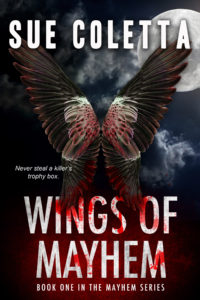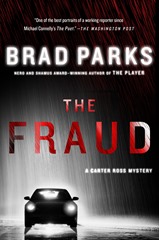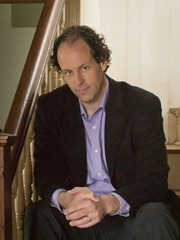Today’s first page critique is a great example of a piece where the ‘voice’ is critical. It’s a stream-of-consciousness, first page narration which we don’t usually see. My comments, follow. Enjoy!
Lilly’s Tree
There’s always been something gratifying in watching Mama suffer, even if it was only a little bug of a thing, like Lilly locking a fist around a swatch of hair hanging from the twisty knot Mama kept her hair tucked into. Lilly would pull on it like she was the force of gravity. Mama’s eyes would tear up, and she’d let out a screech that sounded like a cat with its tail flattened underfoot. That was when Lilly was in the hair-pulling stage of babyhood, right after the biting stage and right before the pinching stage commenced. It did no good trying to restrain those little Houdini arms when they came at you. Once her fingers latched on, no amount of force would make her let go. You had to distract her. Look, Lilly, there’s the firststar shining up there in the sky or Lilly, let’s you and me get some strawberry ice cream. Mama didn’t catch onto that trick like I did. Instead, she’d go off like a struck match. She was never quick to look for the funny in something. Mama I mean, not Lilly. Just about everything had a chance of making Lilly laugh, even Mama.
Before the accident, or even before Lilly for that matter, it felt like Mama was tall as a tower when it came to watching over me. It had some to do with her being protective, I’m sure, but mostly it was because she had a suspicious nature towards me, especially after Tommy Baxter and the hickey incident when I was in sixth grade and the pack of cigarettes she found in my sock drawer last year. I overheard her telling Pastor Mike I was a highly impressionable girl and religious instruction was essential for the development of my good moral character. She was sure he’d start me right in the world. Mama had Pastor Mike visit with us every Sunday after service. He’d talk about matters I didn’t much understand or even care about, but it was pleasant listening to him all the same. The pastor would throw a smile in my direction every so often, even when he was up there behind the podium at church, and his smile would stretch right up to those blue-as-the-sky eyes. I held the belief it was a smile he reserved exclusively for me, which made it impossible not to smile right back.
My comments
This seems at first glance (at least to me) to be non-genre specific – it could be a literary, coming-of-age novel, or it could be a first-person narrated mystery or thriller. At this stage, the scene is set really for either – with enough references to possible paths (Lilly’s accident, the pastor…) to keep this reader guessing as to the novel’s direction. I thought the characterization was strong – even in this first page we get a strong image of Lilly, Mama, and the narrator’s personality.
It is heavily reliant on the success of the first person narrator and this voice is what will carry a reader through the entire story so it has to be perfect. All in all I think this voice is successful so far and, as a reader, I was pulled along and wanted to read more. That being said, there were times when the word choice used seemed out of sync with the overall tone (use of the words ‘gratifying’ and ‘commenced’ and the ‘Houdini’ reference seemed a little more sophisticated than the voice appeared to be (at least to me). One of the key elements of any successful first person voice is the consistency and authenticity of the voice so this would be my only caution to the author – make sure you fully inhabit this narrator and make word choices accordingly. At this stage we don’t know enough about the narrator, beyond her being about middle school age, to be sure, but the sentence structure and voice on this first page seemed chatty, childlike, and unsophisticated (to me it also sounded very Southern – but as an Australian I’m not very good at picking American voices in literature). There was also an undercurrent of something a bit darker which I liked. In fact, if anything I’d like to see more darkness (particularly when it comes to the Pastor – not sure why, but I’m already suspicious of him!).
There wasn’t much in the way of action or dialogue on this first page but I think this worked in this stream-of-consciousness style beginning. For me there was enough narrative pull and tension to keep me reading but other readers may have wanted something more dramatic on the first page.
TKZers, what did you think?
Let us know what comments you have on this submission and how this first page can be improved.




